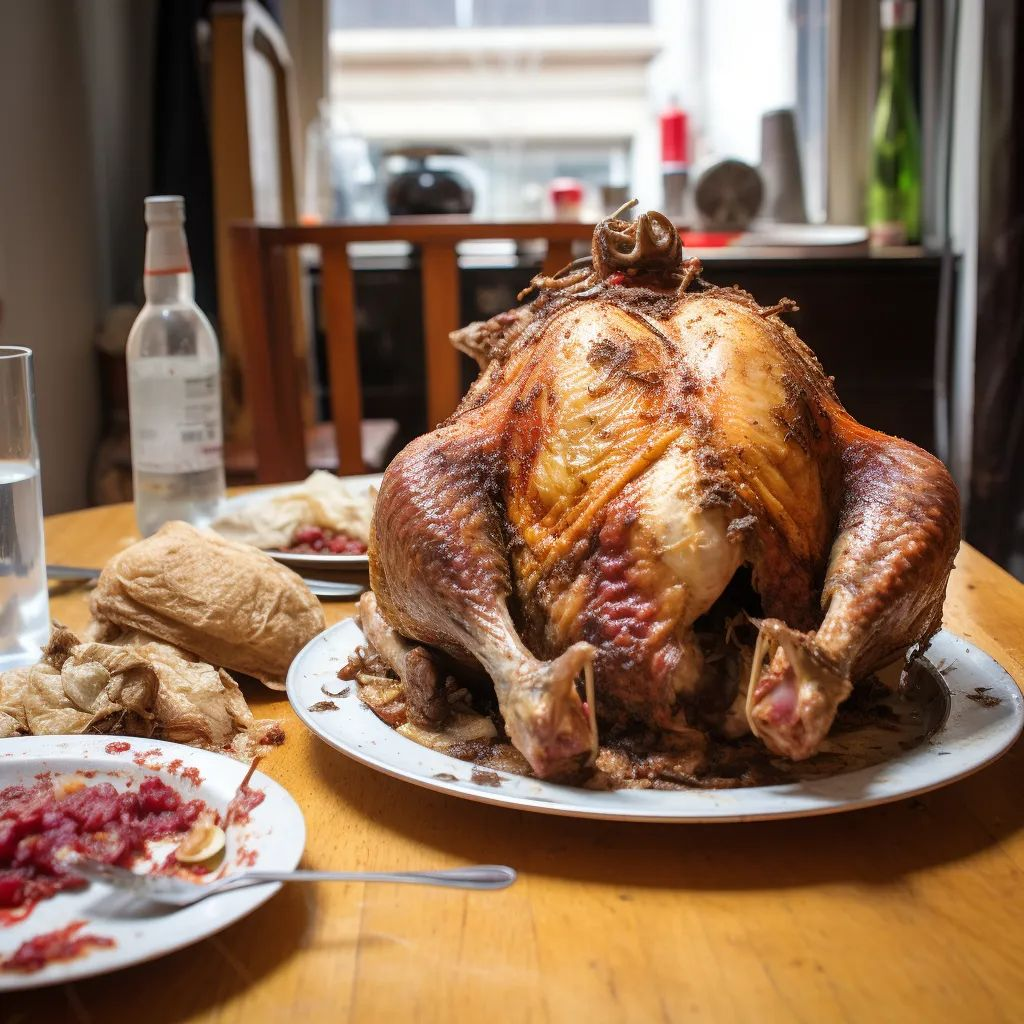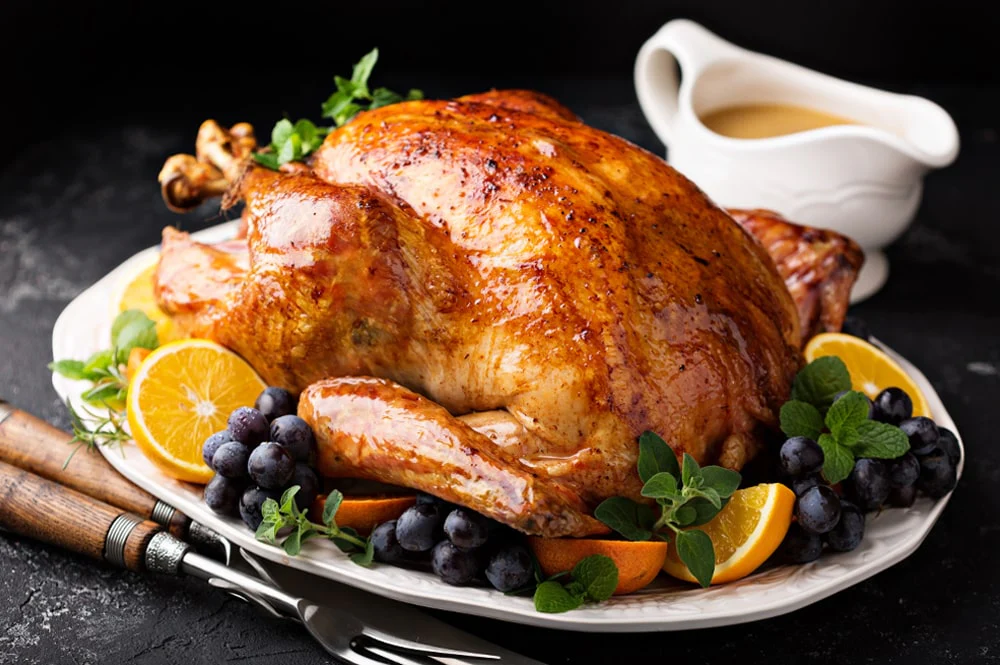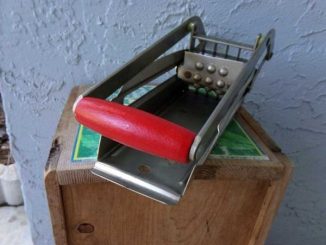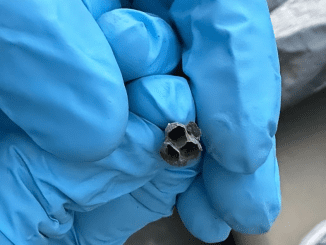Leftovers are often the best part of a big meal, especially after a Thanksgiving or Christmas feast. But what happens when you accidentally leave the turkey out overnight? Is it still safe to eat? This is a question that plagues many households, especially during the holiday season. Let’s dive into the safety concerns around leftover turkey and what you need to know to protect your health.
Understanding the Danger Zone for Bacterial Growth

When it comes to food safety, the concept of the “Danger Zone” is key. This is the temperature range between 40°F and 140°F, where bacteria can grow rapidly. If your turkey sits out at room temperature for more than two hours, it falls into this danger zone, allowing bacteria like Salmonella or Staphylococcus aureus to multiply.
To put it simply, leaving turkey out overnight significantly increases the risk of foodborne illness. Even though the bird may look and smell fine, dangerous bacteria could be lurking.
Why the Two-Hour Rule Matters
You’ve probably heard the rule: refrigerate perishable food within two hours of cooking. But why exactly is that so important? At room temperature, bacteria can double in number every 20 minutes. That means after just two hours, there could be enough bacteria to cause food poisoning. Once the turkey sits for more than two hours, especially overnight, the risk climbs exponentially.
Factors That Increase Food Safety Risks
While leaving turkey out overnight is a clear red flag, there are several factors that can increase the risk of contamination and foodborne illness. Understanding these can help you make informed decisions about what to do with leftovers.
- Room Temperature: If the temperature in the room was warm, particularly above 90°F, the time turkey can safely sit out shrinks from two hours to just one.
- Portion Size: A whole turkey or large portions take longer to cool. If the turkey was left in a large chunk, bacteria could multiply in the center while the outside cools.
- Prior Handling: How the turkey was handled before cooking plays a role. If it wasn’t cooked thoroughly or was cross-contaminated, bacteria may have been present from the start.
Safe Practices for Handling Leftover Turkey
To avoid the risks associated with leaving turkey out too long, follow these basic food safety practices:
- Refrigerate Promptly: After your meal, cut the turkey into smaller portions and store them in airtight containers. This helps it cool quickly and keeps bacteria at bay. Make sure it goes into the fridge within two hours of serving.
- Check Your Fridge: The refrigerator should be at 40°F or lower to properly store leftovers and inhibit bacterial growth.
- Reheat to the Right Temperature: When it’s time to reheat your turkey, ensure it reaches an internal temperature of 165°F. This temperature kills most harmful bacteria.
- Use or Freeze Within Four Days: Leftovers are best consumed within three to four days. If you won’t eat them within that time, freeze them to extend their shelf life.
The Importance of Proper Storage and Reheating

Even when stored correctly, leftover turkey should be reheated with caution. Bacteria that survived the initial cooling could still be present. Reheating the turkey to an internal temperature of 165°F ensures any lingering bacteria are killed. Always check the temperature with a food thermometer to be safe.
Freezing leftovers is a great option if you know you won’t consume them within a few days. Turkey can last up to four months in the freezer. Make sure to thaw it properly in the refrigerator, never at room temperature, to avoid re-entering the danger zone.
Common Bacteria That Thrive in Leftover Turkey
Here’s the scary part: just because you can’t see, smell, or taste anything off with your turkey doesn’t mean it’s safe. Two types of bacteria that can grow on leftover turkey are especially concerning:
- Salmonella: This bacterium is commonly associated with poultry and can cause severe gastrointestinal issues.
- Staphylococcus Aureus: This bacteria can produce toxins that aren’t destroyed by heat, making reheating your turkey a potentially dangerous gamble.
Both types can thrive when turkey is left out too long, and consuming contaminated food can lead to food poisoning, with symptoms like vomiting, diarrhea, and stomach cramps.
When in Doubt, Throw It Out

As tempting as it may be to save that turkey, if there’s any doubt about how long it’s been left out, it’s best to throw it away. The old adage “better safe than sorry” holds true here. Eating turkey left out overnight is not worth the risk of food poisoning. If you’re unsure whether the turkey has been stored safely, err on the side of caution.
Turkey that’s been exposed to room temperature for too long can harbor bacteria, even if it looks fine. Spoilage isn’t always detectable with your senses, so don’t rely on taste or smell alone.
Conclusion
In conclusion, no, it’s not safe to eat leftover turkey that’s been left out overnight. Following proper food safety guidelines—like refrigerating within two hours and reheating to 165°F—ensures that your leftovers stay safe to eat. By paying attention to food safety practices, you can enjoy delicious turkey without putting your health at risk. So the next time you’re in doubt, just remember: if it’s been out for too long, throw it out!


